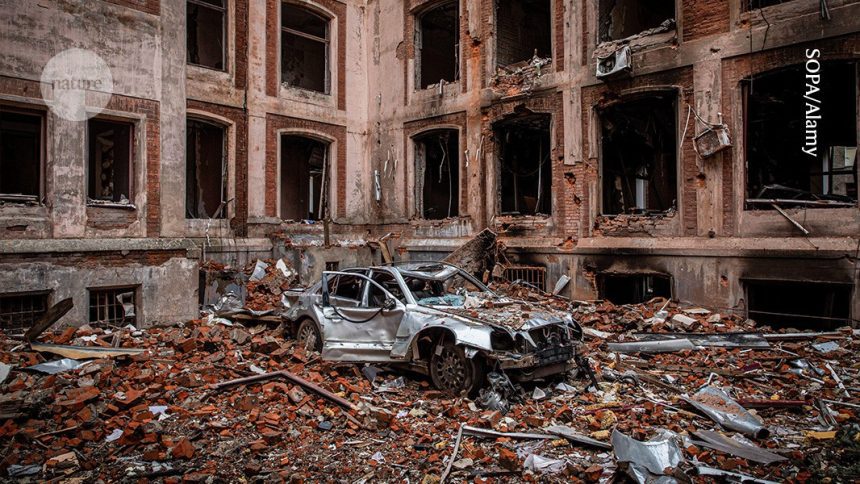Impact of the Ongoing Conflict on Ukrainian Researchers: A Two-Year Reflection
Published online: September 11, 2024 | Access Full Article
As the second anniversary of Russia’s invasion of Ukraine approaches, there is a pressing need to assess the lasting effects this turmoil has had on Ukrainian scholars. The situation remains dire as initiatives aimed at bolstering support for these researchers confront significant challenges that threaten their professional futures.
The Long-Term Career Implications of Conflict
Researchers in Ukraine are facing not only immediate disruptions but also long-standing career consequences due to the ongoing war. The exodus of talent, coupled with funding cuts and reduced international collaboration opportunities, has created an environment where many scholars struggle to maintain their research momentum.
Funds intended for academic projects have diminished significantly as institutions prioritize urgent support measures over longstanding financial commitments. This shift underscores how crises can upend established scientific endeavors and foster instability in academic careers.
Comparative Global Context
Looking globally, it’s essential to draw parallels with other regions suffering from conflict-related disruptions. For instance, in Syria or Afghanistan, many researchers fled their home countries due to violent upheavals and now find it challenging to reintegrate into academia elsewhere—an outcome that mirrors what is unfolding in Ukraine.
Statistics indicate that approximately 40% of Ukrainian scientists have either changed professions or relocated abroad since the beginning of hostilities. These figures highlight not only a loss of intellectual capital but also a significant gap in future scientific contributions emanating from affected regions.
Support Initiatives and Their Challenges
Various organizations have mounted efforts to assist displaced Ukrainian scientists They offer grants designed specifically for those who have lost access to resources in their home country; however, disparities between available assistance and actual needs remain vast. Many researchers report difficulties securing sabbaticals or short-term fellowships that would allow them the time needed for professional growth amidst such uncertainties.
In light of these findings, it becomes clear that targeted policies must evolve rapidly if we hope to address the challenges faced by these academics effectively—a sentiment echoed by various stakeholders within international research communities who advocate solidarity during challenging times.
while some relief efforts continue toward supporting those impacted by war in Ukraine, understanding those long-term repercussions will be crucial as both local and global academic landscapes adjust post-conflict scenarios. Only through collective action can we hope not just for recovery but ultimately growth within worldwide scholarly pursuits moving forward—illustrating once again how resilience plays a vital role amid crisis circumstances.





